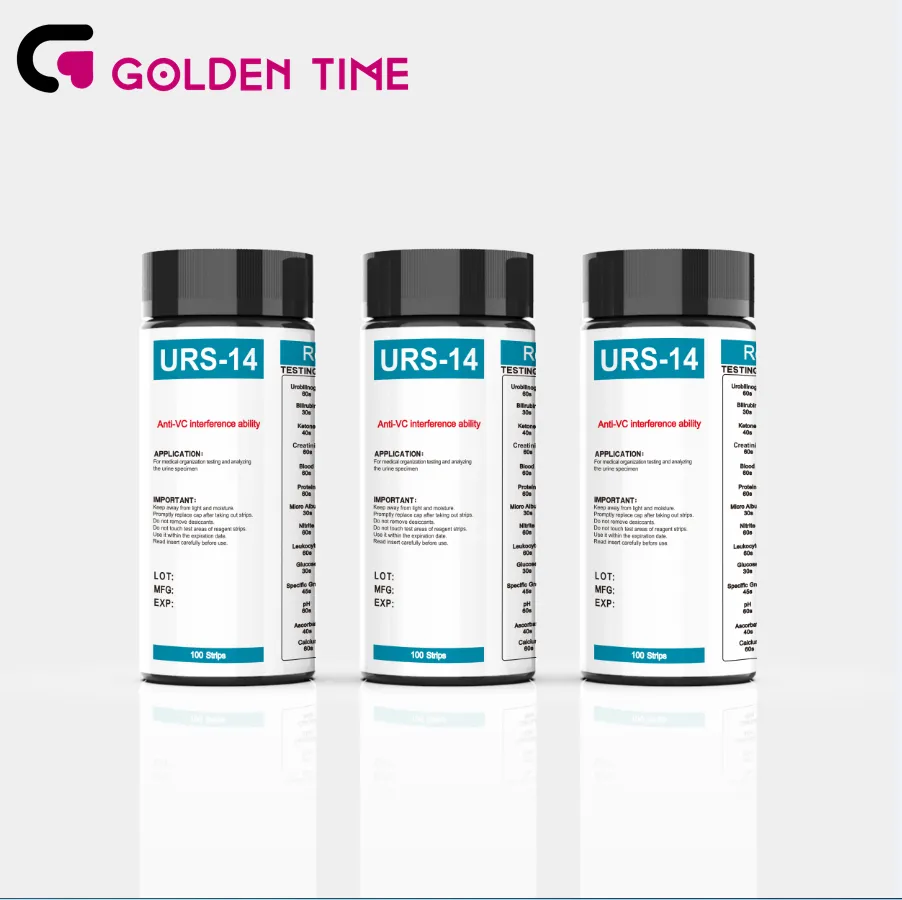ធ្នូ . 12, 2024 17:39 Back to list
buy fobt test price suppliers
Understanding Buy FOB Test Price Suppliers A Comprehensive Guide
In the world of international trade, the term FOB stands for Free On Board. This shipping term signifies that the seller is responsible for delivering goods to a port and loading them onto a vessel nominated by the buyer. Once the goods are on board, the risk shifts to the buyer, who is then responsible for shipping costs, insurance, and any further logistics.
When businesses engage in buying goods overseas, understanding and negotiating FOB prices becomes essential. Here, we will explore the significance of FOB pricing, how to identify reliable suppliers, and the factors that influence FOB test prices.
What is FOB Pricing?
FOB pricing is pivotal in international shipping agreements. It outlines the responsibilities of both buyer and seller in terms of cost and risk management. The FOB price typically includes
1. Production Costs The cost incurred by the manufacturer in producing the goods. 2. Transportation Costs The expenses related to moving the goods from the supplier to the port of shipment. 3. Loading Costs Costs associated with loading the goods onto the shipping vessel.
For buyers, the FOB price is a critical factor in determining overall costs, as it lays the groundwork for further shipping and importing expenses.
Importance of FOB in Supplier Relationships
When sourcing products from suppliers, it is vital to ensure that they can provide competitive FOB pricing. A favorable FOB price can make a significant difference in overall expenditure and profitability. Therefore, buyers must build strong relationships with their suppliers to negotiate better terms.
One way to assess potential suppliers is to consider their track record. Reliable suppliers should demonstrate
- Transparency Providing clear and detailed quotes that break down costs. - Reputation Positive reviews and testimonials from previous clients can indicate trustworthiness. - Responsiveness A supplier who promptly answers inquiries demonstrates good customer service, which is key in business relationships.
buy fobt test price suppliers

Factors Influencing FOB Test Prices
Several elements can affect FOB test prices, making it essential for buyers to analyze the market carefully. Key factors include
1. Quality of Product Higher quality often justifies a higher FOB price. Buyers should specify quality standards to ensure they receive products that meet their expectations.
2. Supplier Location Proximity to major shipping routes can influence costs. Suppliers situated near ports may offer lower FOB prices due to reduced transportation expenses.
3. Order Size Bulk orders often receive discounts, hence reducing the FOB price per unit. Negotiating for larger quantities can yield better pricing.
4. Market Demand Fluctuating market conditions can cause supplier prices to rise or fall. Staying attuned to market trends allows buyers to time their purchases effectively.
5. Currency Fluctuations Since many international transactions involve currency exchange, variations in exchange rates can impact FOB prices. It’s advisable for buyers to monitor currency stability before finalizing contracts.
Conclusion
Navigating the complexities of buy FOB test price suppliers may seem daunting; however, with careful consideration and strategic planning, buyers can streamline the process and enhance their purchasing strategies. By understanding the components of FOB pricing, cultivating robust supplier relationships, and staying informed about varying influences on costs, businesses can significantly improve their import logistics and overall profitability.
In today's global marketplace, the ability to negotiate effectively and manage shipping costs efficiently is a crucial skill for any business. As you venture into international purchasing, make FOB pricing a priority in your procurement strategy, ensuring that you not only secure cost-effective deals but also foster long-term partnerships with reliable suppliers.
-
Rapid Influenza A/B Antigen Test Kit | Fast & Accurate Diagnostic Solution
NewsJul.20,2025
-
Dengue NS1 Rapid Diagnostic Test Kit
NewsMar.07,2025
-
Dengue NS1 Rapid Diagnostic Test Kit
NewsMar.07,2025
-
Dengue NS1 Rapid Diagnostic Test Kit
NewsMar.07,2025
-
Transferrin Rapid Test Cassette Tumor Marker TF Card
NewsMar.07,2025
-
Malaria Pf Pan Rapid Diagnostic Test Kit
NewsMar.07,2025

